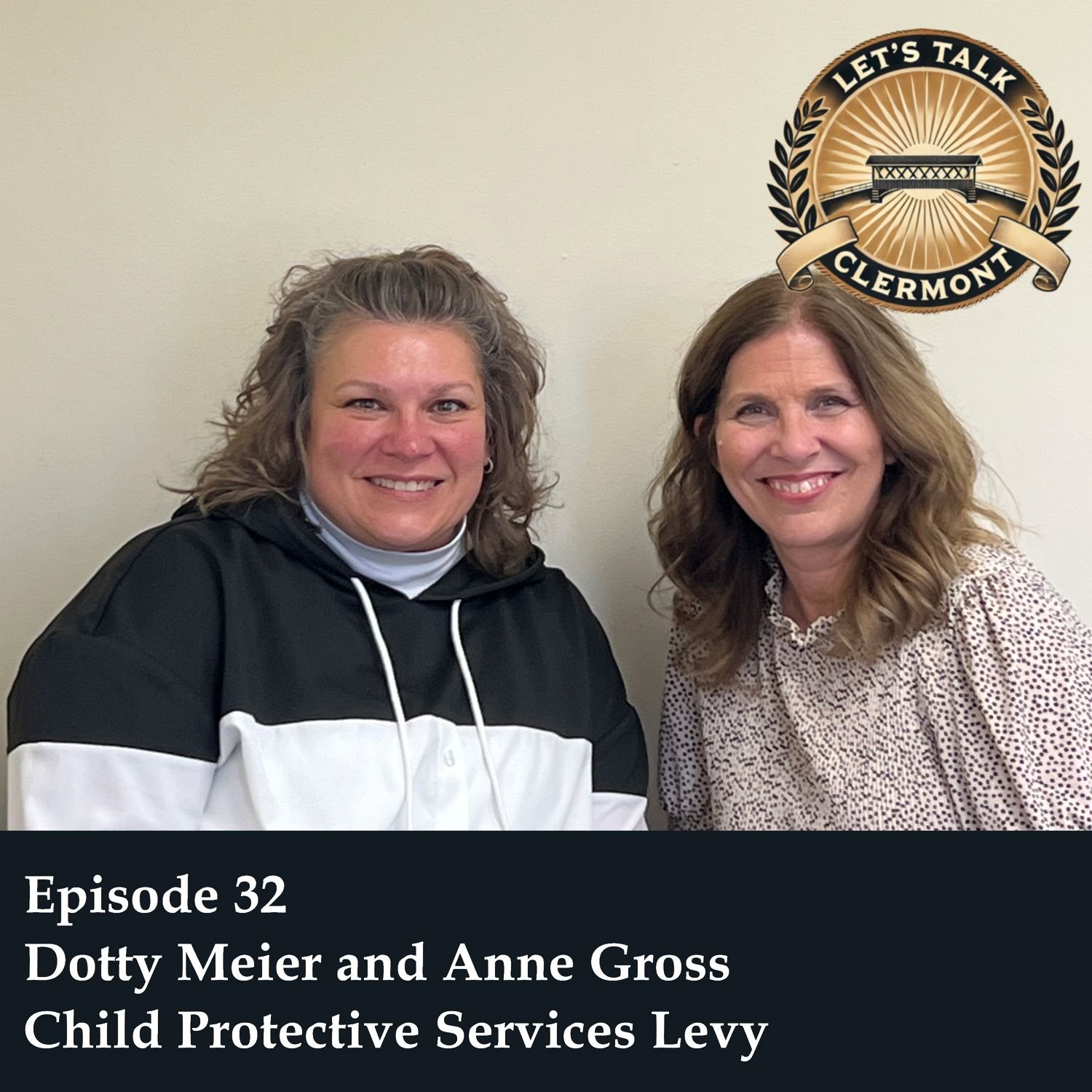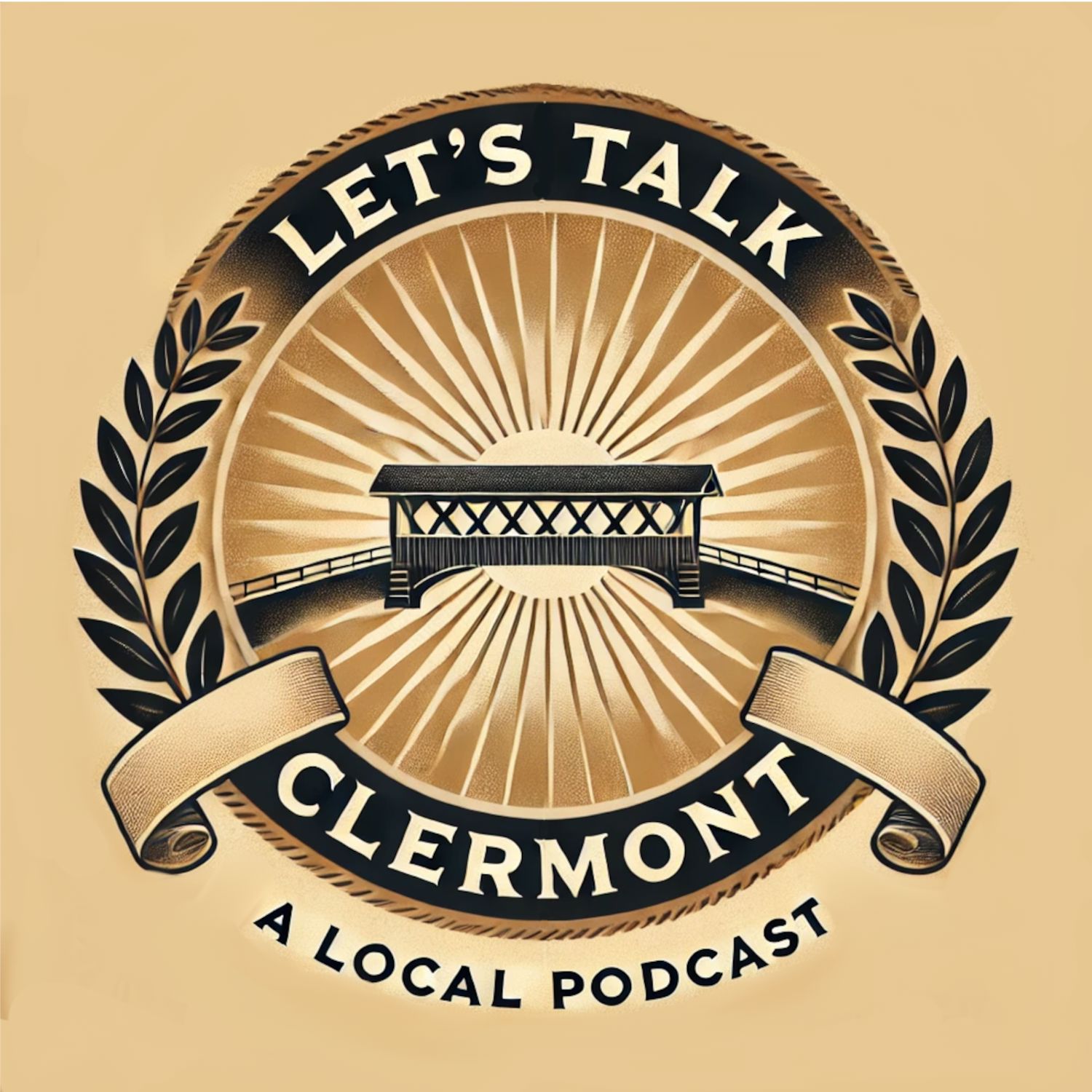21 October 2025
Episode 32 - Dotty Meier & Anne Gross - Child Protective Services Levy - E32

We're keeping the election train rolling. We start with a look at Ohio House Bill 28 and a review of how levies are classified in Ohio. Then we sits down with Dotty Meier (Director, Job & Family Services) and Anne Gross (Assistant Director, CPS).
Episode Overview
Tips, guests, or events? info@letstalkclaremont.com
Follow on Facebook & Instagram, and grab the Thursday newsletter for full news and refreshed events.
Facebook
Instagram
Newsletter
If the show brings you value, consider supporting us!
Donate
Episode Overview
- HB 28: Why Ohio has different levy types (additional, renewal, renewal + inc/dec, replacement), how HB 920 set the stage, and what HB 28 would do (eliminate replacement levies). Status check and a reminder to contact Sen. Terry Johnson if you’ve got a view.
- Context for CPS: What CPS actually does (screening, investigations, family-first services, removals only as a last resort), why confidentiality limits what they can say publicly, and how referrals work.
- The placement crisis: Fewer foster/residential beds, higher needs (acuity), workforce shortages, rising daily rates (avg ~$570/day for group homes; some residential placements >$1,000/day).
- Levy details (Clermont County CPS)
- Ballot type: Renewal with a 0.2-mill increase (not a replacement).
- Effective millage would move from 0.46 to 0.66, still below the original 0.8 mills.
- Cost: $23.33 per $100k of home value per year (about $7 more per $100k than now).
- Why ask now: Last year placement costs topped ~$7.5M; the existing levy brings in ~$3.6M and is used almost entirely for placement-related costs. Federal/state dollars cover other mandated services and prevention.
- Scale: ~1,332 maltreatment investigations last year (~1,172 children served without removal); ~283 kids required placement.
- Tue, Oct 21 — 6:30–7:30 PM @ Williamsburg Library (tonight)
- Sat, Oct 25 — 12:30–1:30 PM @ Goshen Library
- Tue, Oct 28 — 6:30–7:30 PM @ Amelia Library
- Sat, Nov 1 — 1:30–3:30 PM @ Miami Township Library
- Value-for-value: first on-air producer mention goes to Dr. Kelly Scarf. Thank you!
- Tomorrow’s guest (Oct 22): Rex Parson, incumbent candidate for Batavia Township Trustee, campaign-focused follow-up.
Tips, guests, or events? info@letstalkclaremont.com
Follow on Facebook & Instagram, and grab the Thursday newsletter for full news and refreshed events.
Newsletter
If the show brings you value, consider supporting us!
Donate
